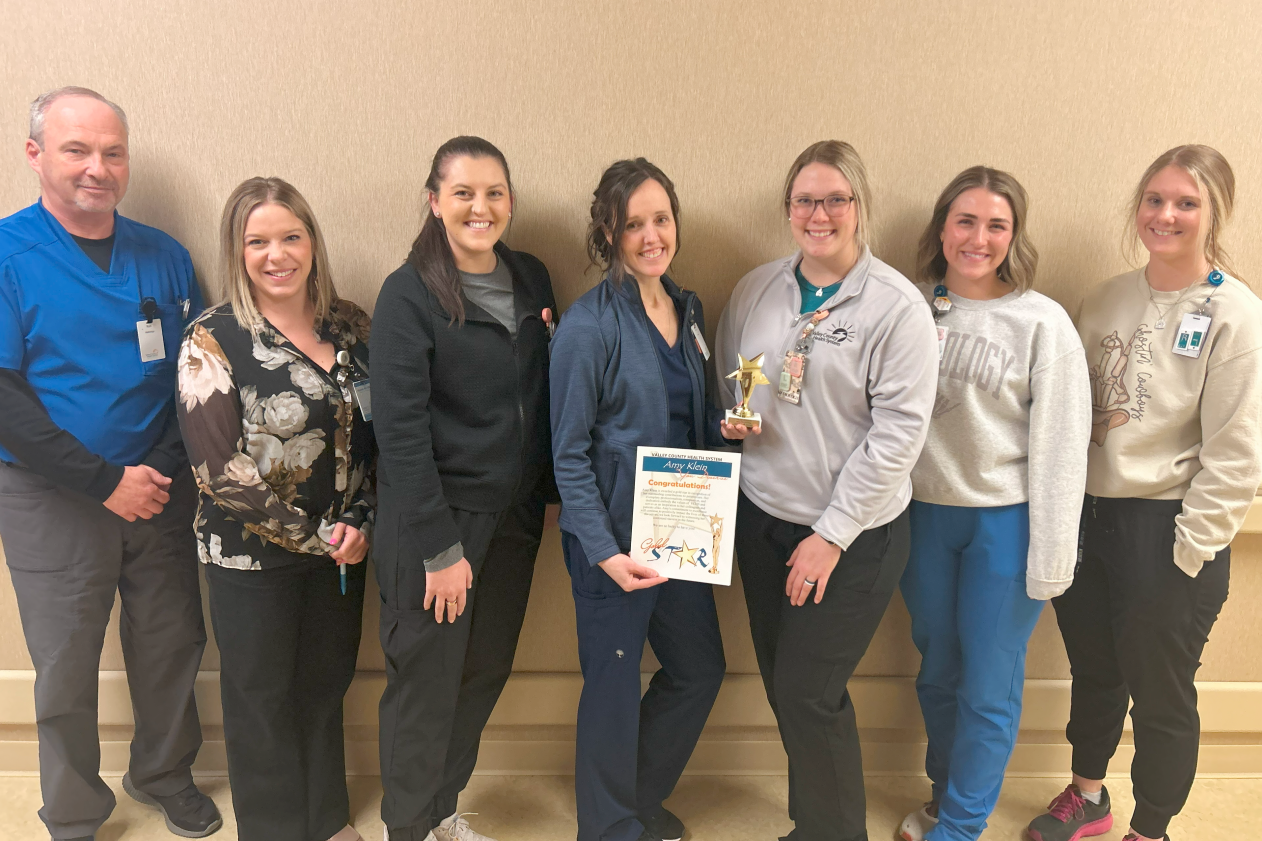
When and Why Should You See an Orthopedic Doctor?
When and Why Should You See an Orthopedic Doctor?
Most people out there know that it's a good idea to see a doctor once every three to six months just to make sure that your overall health (and things like your blood sugar and blood pressure levels) are the way they should be. Most people also know that they should see a doctor when there's an injury involved, or when they realize that they are at risk of developing chronic conditions - many times because they spot history of certain conditions in their family.
Dentists are for teeth, pediatricians cater to the health of children and infants and you should see a cardiologist take better long-term care of your heart - especially if you have a chronic condition that affects one of the most important organs in the body.
But once you reach the need for more specialized health professionals, it can be confusing to figure out which doctor to see.
For example, when should you see an orthopedic doctor - and why?
Orthopedic surgery is a very specialized branch of medical study and practice.
The simple answer is that orthopedic doctors and surgeons cater to bone health and the conditions that might affect bones, joints or the ligaments attached to them. Surgeons, of course, operate on patients as part of their expertise - while orthopedic doctors are the ones that you might see before surgery in order to find out if you require treatment, surgery or management of a chronic bone-related condition.
The longer answer is that there are many good reasons why you might need to check in with your orthopedic doctor - or find a referral to an orthopedic doctor if you have never seen one before.
Spinal Health
One of the most important parts of the body is the spine, and one of the first things that fall under the expertise of an orthopedic doctor is the health of the spine. Orthopedic doctors are the ones to see for any spinal injuries, suspected chronic conditions that could be related to the spine, the pain felt in or near the spine or any conditions that might remotely affect the spine or require its check or management.
Scoliosis - better known as a spinal curvature - is one of the common conditions that will warrant an orthopedic doctor. The same can be said for common back injuries or conditions like arthritis, which can affect the spine and require very careful management with different treatments that can include medication, bracing or surgery.
Repetitive Strain Injuries
Repetitive strain injuries are the ones that are common to professionals and sportspeople who experience these types of injuries as "part of the job" or hobby that they choose to practice. These injuries are associated with doing anything repetitive over a long period of time - and they very commonly affect the bone, ligaments, and joints.
Bones, ligaments, and joints fall under the area of orthopedic doctors, and you will get to see them for the management or treatment of any conditions or injuries that might be related to repetitive strain.
Once again, any conditions that can or might be related to repetitive strain (such as arthritis) fall under their area, too.
Sports Injuries
Sports injuries are common, and sometimes they can be severe enough to affect the bone. When they do, these sports injuries will need to be seen to and likely treated by an orthopedic doctor. Sometimes sports injuries involve fractures or breaks, and in this case, they will require x-rays in order to see the full extent of the potential damage that it might have done.
Some sports injuries can also require management years or decades after they have happened: Again, a check with an experienced orthopedic doctor could be what you need to get you back on the right track.
Arthritis
Arthritis is a very common health condition that happens to be a lot more prevalent in the population than you might think. Thousands of new cases are diagnosed every single year - and a great deal of these cases will affect teenagers or children.
There are more than 100 types of arthritis to be diagnosed, and each of them can affect the body in a different way. Certain types of arthritis can even trigger inflammation elsewhere in the body and trigger symptoms such as a fever every time there is a condition flare-up.
For the management of arthritis as a chronic condition (or to know what your risk factors are for developing it), you should check in with an orthopedic surgeon, who can put you on the right track and recommend the right treatment.
Breaks and Fractures
Since orthopedic doctors and surgeons cater to conditions and injuries of the bone, their expertise is the one that other doctors will often rely on in the case of breaks or fractures. If you have any serious fractures or breaks, you might be referred to an orthopedic surgeon in order to have the right tests done - and to make sure that the injury heals the way it should.
In some cases, breaks or fractures might be handled by a general practitioner - but in an increasing amount of cusses, a referral is best. Seeing an orthopedic surgeon from the start might ensure that severe breaks and underlying conditions are both treated better from the first appointment by the right expert.
Management of Connective Tissue Conditions
Connective tissue disorders like Ehlers-Danlos Syndrome (EDS) and Marfan respectively can affect the body's most important tissues (including the heart) but are also known to go together with a long list of bone-related conditions - including an increased likelihood to develop breaks and fractures due to connective tissue.
Serious conditions like these can have many other conditions associated with them, and a panel of experienced doctors is recommended for the effective management of associated conditions and symptoms: An orthopedic doctor is necessary on a regular basis, at least once every six months, to ensure effective long-term condition management - and it's recommended that your orthopedic surgeon work together with the rest of your medical experts.

